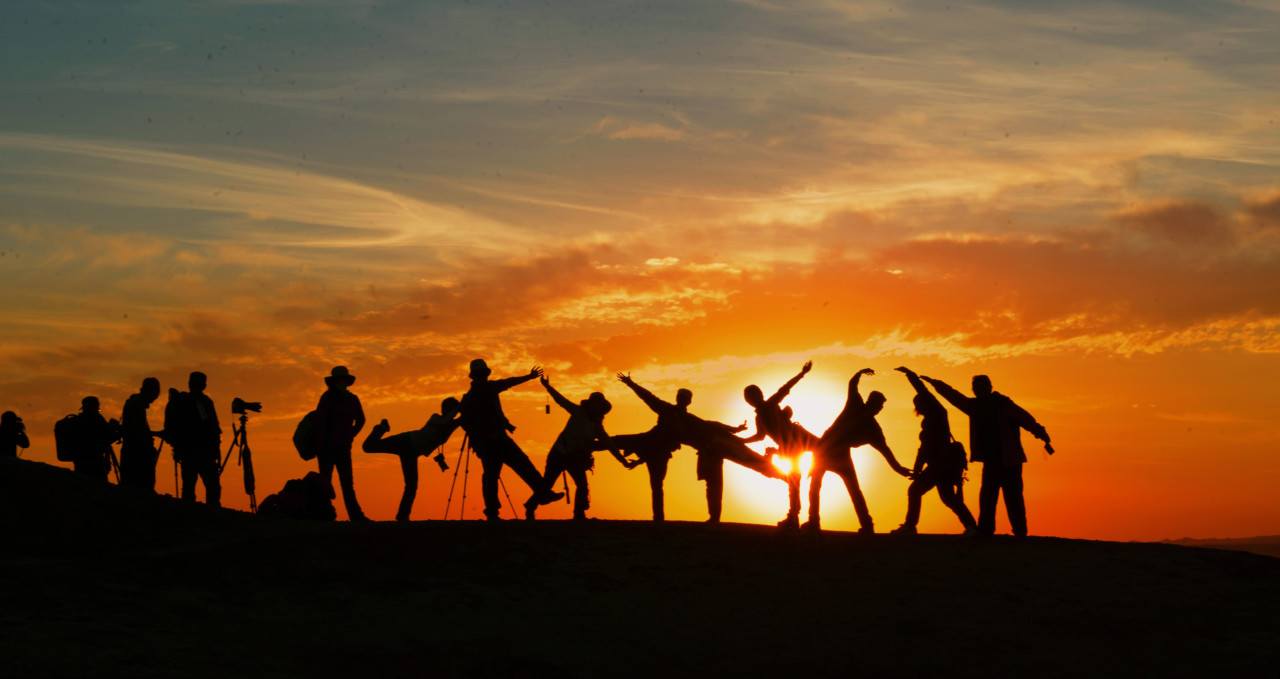French writer Simone de Beauvoir was quoted saying, “I am awfully greedy; I want everything from life. I want to be a woman and to be a man, to have many friends and to have loneliness, to work much and write good books, to travel and enjoy myself, to be selfish and to be unselfish… You see, it is difficult to get all which I want. And then when I do not succeed I get mad with anger.”
You get a strong sense of ambition and a lot of emotion from this very straightforward statement of Simone de Beauvoir. Though the idea that resonates with one’s inner nomadic self is the thought that traveling to enjoy is at least a goal most of us have in common. It is something we all want: travelling.
Even with different destinations in mind, traveling is something we look forward to. Don’t you agree? Be it with your family over a lovely summer trip, with your friends for that much-awaited concert of your favourite rock band, or just a solo adventure out in the wilds. There are people who is excited exploring colder regions while enjoying a perfectly hot brew of coffee. There are others who want to visit all tropical paradise, such as Koh Samui in Thailand, and have an idyllic vacation at one of Samujana’s villas.
Just like Simone, we all want something. When asked why they travel, people give out different reasons for it. Or even without an excuse why you go places, it is still valid. As J.R.R. Tolkien writes on his book, The Fellowship of the Ring, “Not all those who wander are lost.”
Travelling fuels creativity
Going to a new place gives your brain a sudden burst of excitement, making you churn out new ideas or concepts. According to the observations of neuroscientists and psychologists, travelling has beneficial effects for you and your mental state. Creativity is somehow linked to the capacity of the brain to form new connections as a reaction to new stimulus in the environment. Everything that is unfamiliar to the brain, such as sights (a lovely sunset at Samujana’s Villa 6, perhaps), sounds, sensation, and tastes triggers sparks within the neurons that may help refresh the mind. Great writers also credit travelling into bringing in more angles to a story with Mark Twain stating that taking a journey is “fatal to prejudice, bigotry, and narrow-mindedness”.
Travelling equates to being healthy
Similar to how wines and chocolate are associated with good health, there are lobbying groups who are pushing to have formal research to prove their long-time theory: traveling makes you healthier. According to what is anecdotally known, it is believed that going to other places and experiencing a relaxing trip has a big impact on the well-being of oneself and on the community you are visiting. Physical condition is somewhat improved with constant movement and numerous new activities. So how about a game of Frisbee on the shores of Koh Samui?
Travelling to experience new adventures
In an online research conducted at University of Wollongong, there are several motivations or push that drives people to travel. One of the top reasons they gathered reviewing published studies between 2006 to 2010 revealed that people seek to have more authentic experiences. Travellers would often find accomplishments in having to actually immerse themselves in activities that is new to them. When in Samujana, try visiting the rum distillery (owned by a French couple) and taste great rum in Koh Samui style.
Travelling is also learning
Being in a different place other than where you have lived all your life offers you fresh perspective about the people, culture, and their way of living. You learn new things along the way: just like saying different greetings in Thai language. According to a 2008 research by Werry, travelling is one way [outside of the classroom] to openly gain learnings. This is further emphasised on a study by Jones and Symon (2001) stating that through activities done through leisure trips adds up to self-actualisation that satisfies one’s quest for enjoyment.
Travelling to improve over-all quality of life
A central theme about travelling is that it helps improve the quality of one’s life. Based on the 1999 study by Richards, vacations have been observed to provide rest for the mind and body, a time to pursue other hobbies or interests, and is a symbolism of a better financial status.
All these reasons may not capture the entirety of why people love to travel (or why we always want to travel). But it does highlight one thing: there are so many places one can explore and immerse themselves with. It is a matter of filing that vacation form and ready yourself for an adventure!


